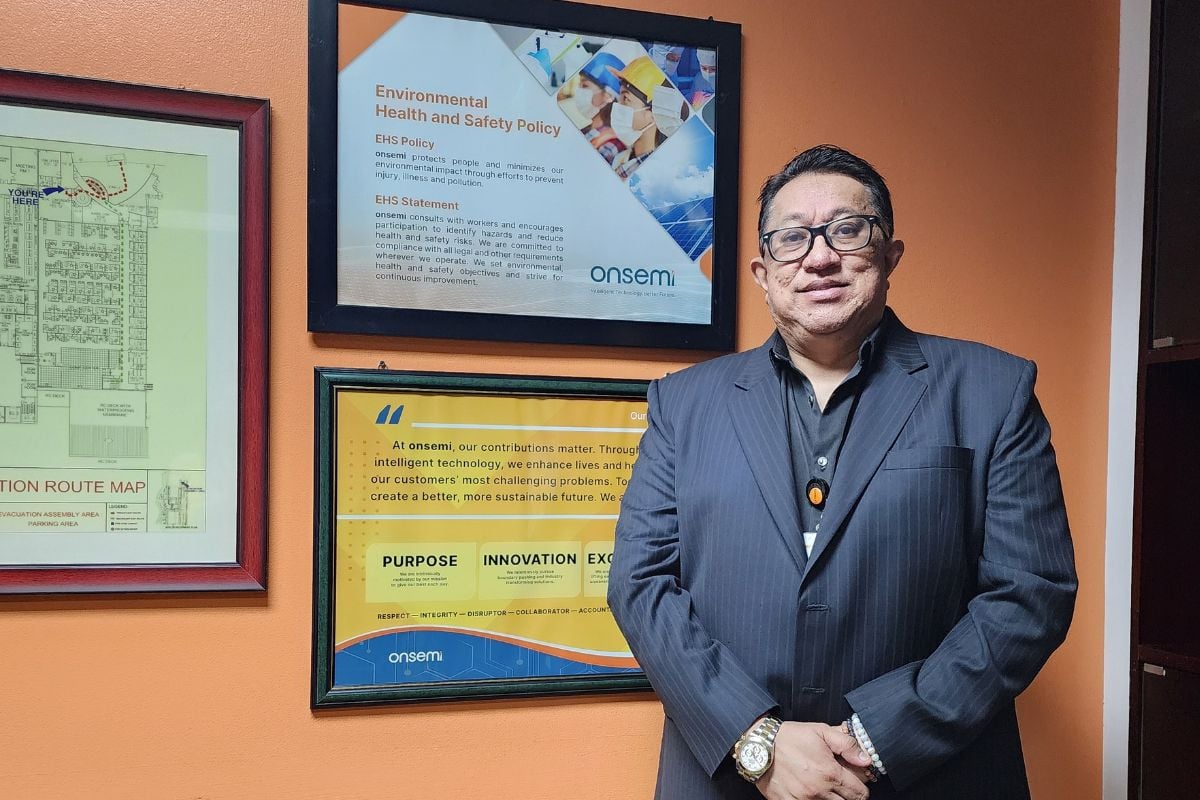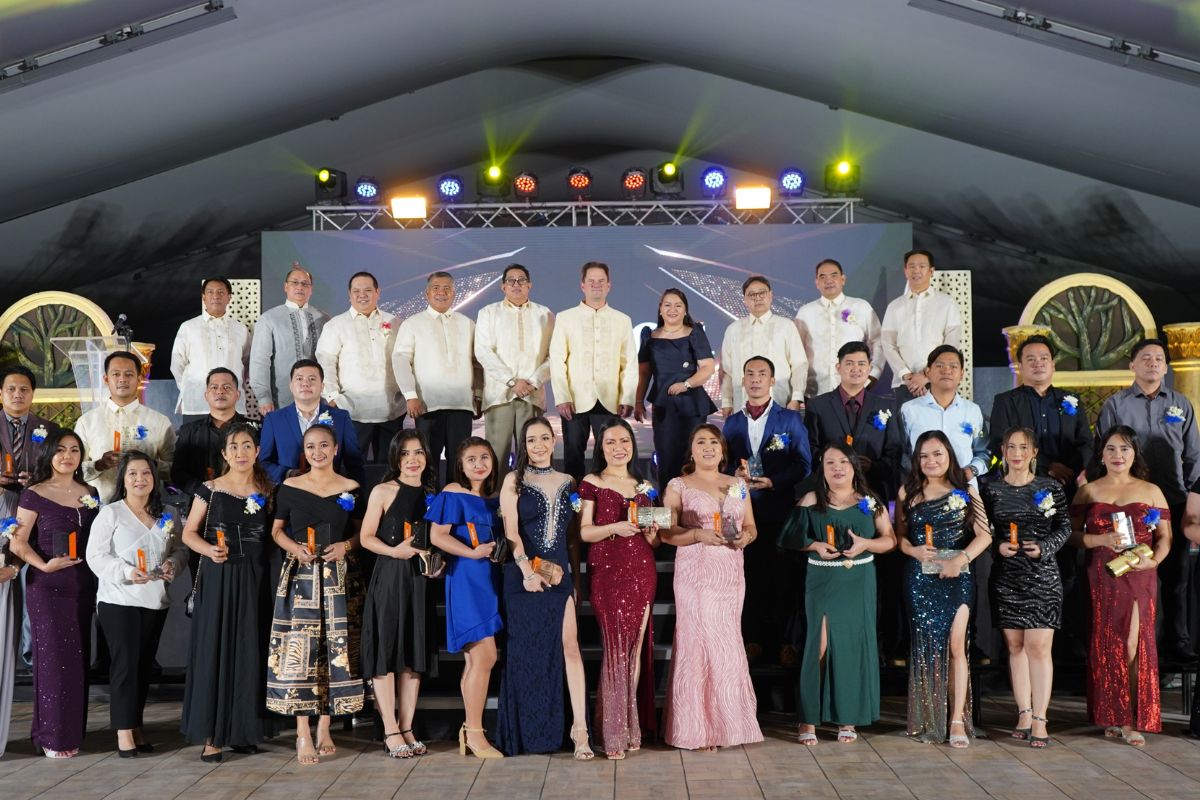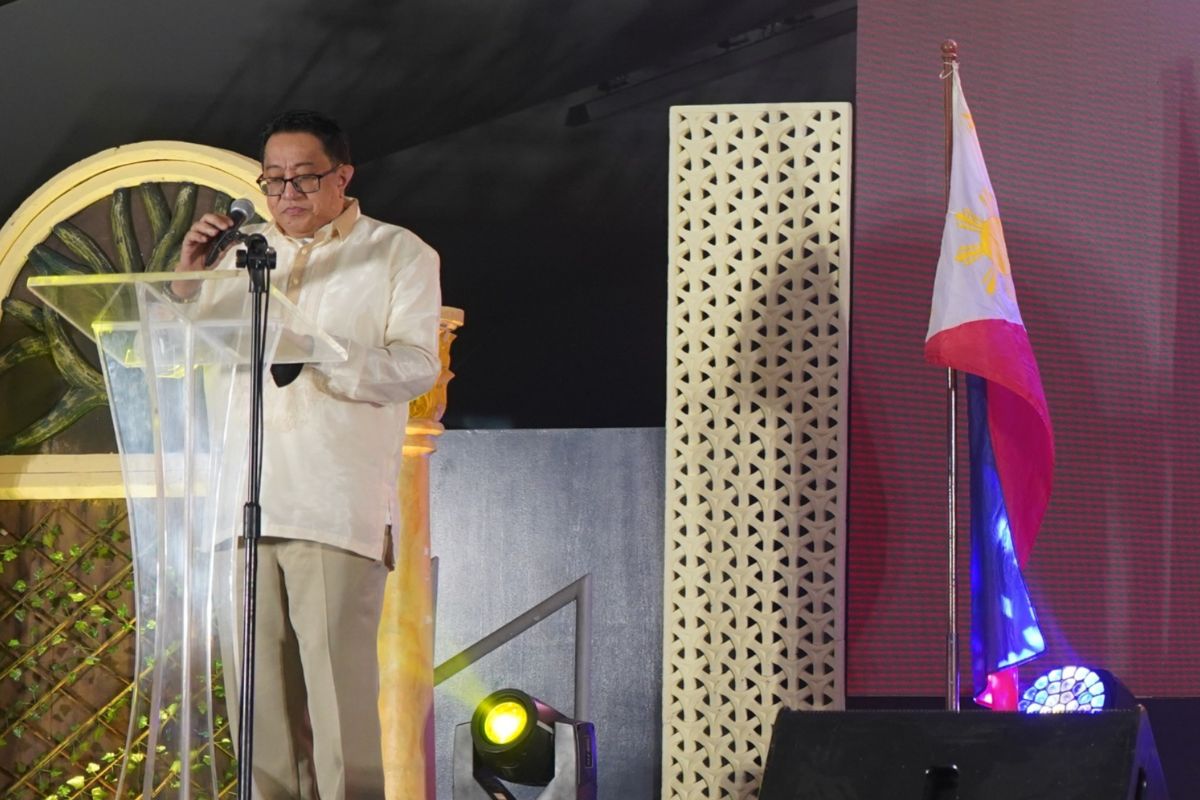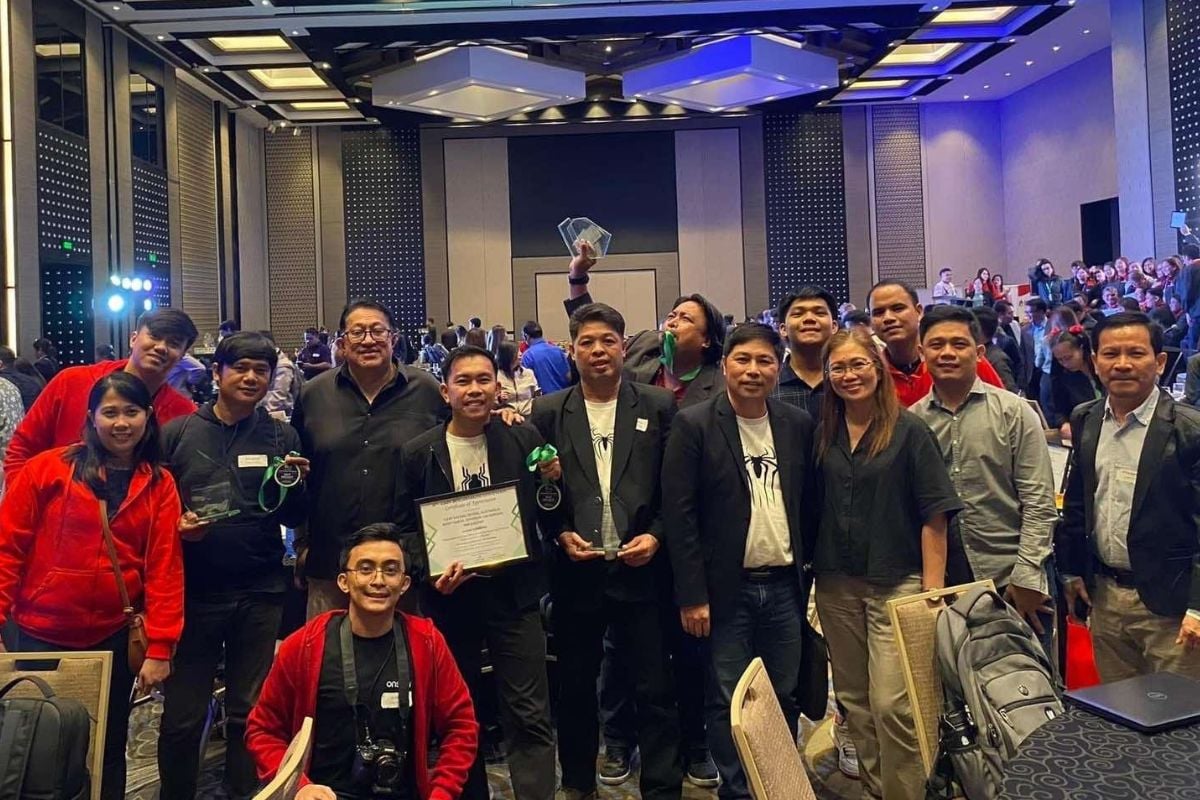When times are tough, good employees provide the energy you need to succeed, says onsemi Philippines General Manager Gary Dirige.

External pressures can not only create hard-to-navigate demands on a company but also cause the undoing of many a strong business. But Gary Dirige, onsemi Philippines General Manager, believes if the foundation of a strong and passionate team is in place, strategy can help weather the storm and lead to a more resistant business in the end.
Dirige joined as General Manager at a critical time for intelligent power technology company onsemi’s Philippines division.
“The whole semiconductor company was starting on the downturn. I came at a point where a lot of tough decisions had to be made and executed. A lot of strategic changes needed to happen for onsemi Philippines to survive,” he says.
“With all the changes we made, I think we are heading in the right direction, toward achieving our productivity goals and becoming more competitive in the industry.”
Enthusiasm is everything
Making impactful changes can understandably create resistance in the workforce but Dirige had no concerns in this area as he could see straight away that the greatest asset onsemi Philippines had was its employees.
“When I entered onsemi Philippines, I immediately noticed the willingness of the people to excel – it’s a mindset thing. They have a different mindset in a way that you can feel. The passion, their eagerness to be a winning team, the competitiveness in them. I mean, you can just feel it,” he says.
“Probably the only thing they lacked was strategy, vision and something to guide them toward that winning path, and that is hard to find.”

“You can have the greatest machines out there. You can have all the automation you need, but if you don’t have the human factor, you can never grow.”
Dirige believes this attitude, which is found across the company, is what ultimately sets them apart from the competition.
“You can have the greatest machines out there. You can have all the automation you need, but if you don’t have the human factor, you can never grow. I’m trying to capitalize on that,” he explains.
“Just guide them, provide them with that strategic mindset, give the site a vision, a growth path and then capitalize on that behavior to fuel improvements. I think it’ll give us unique competitive advantage when compared to other semiconductor companies.”
Dirige says investing in skill development and leadership roles is a major focus for him over the coming months and he appreciates the importance of growing a talent base and succession plan across both technical and managerial sections of the business.
Looking forward, the company is also working closely with local universities to provide assistance and guidance into skills areas that future engineers will need.
Growth for all
Working together with direct partners and suppliers is also something Dirige values and sees as an important investment. And he says it is crucial that this is seen as a reciprocal relationship, “As onsemi grows, then our partners and our suppliers grow as well,” Dirige explains.
“For instance, when we define our next generation tools and our road map equipment at an early stage, we already start working with partners – such as Teradyne – on what our requirements are and how we can adapt their equipment to our requirements.
“Similarly, with existing tools we have here, we try to work with them on enhancing the skills of the people in our factory with seminars or technical training.”

The benefits of strong relationships like this can certainly be seen in the example of onsemi Philippines’ partnership with Teradyne, the company with which it is working on a road map platform to support new product development.
A successful tester consolidation project to reduce the number of configurations running in the factory has led to clear definition in the needed strategic direction, helping drive the least operational costs and maximizing gross margins.
Take a holistic approach
There is no doubt Dirige’s leadership has given onsemi Philippines the strategy and direction he could see it needed when he joined, and he is proud of the achievements and changes made. But he says that seeing the bigger picture is what has helped him place the company on the road to future success.
“Being able to anticipate issues is more important than some leaders realize,” he says. “Some will decide on one thing or make a change not realizing that it causes 10 more problems down the line. That’s a skill that you have to develop over time and make sure it’s part of your decision-making process.

“As we grow, our partners and our suppliers grow as well.”
“I would say that’s one of my strengths – being decisive but at the same time weighing all the risks. If I decide on this, what is the value of doing it? What is the dollar value and how does it affect the behavior of people later on in the process?”
He feels able to take into consideration all members of the team as he makes time to understand what is going on through all levels of the business.
“I’m a fan of the Gemba Walk,” he says. “I talk to operators, I talk to technicians, ask them what their challenges are because they know what to do, basically. I just listen to them. I go around the floor, look for risks, ask them what they’re doing, how they’re doing things, and then just challenge the status quo. That’s how we improve. That’s how we innovate. That’s how we create continuous improvement.”
And after not only getting through but thriving amid the industry pressures recently, this approach certainly seems to be the key to unlocking a secure and profitable future.


